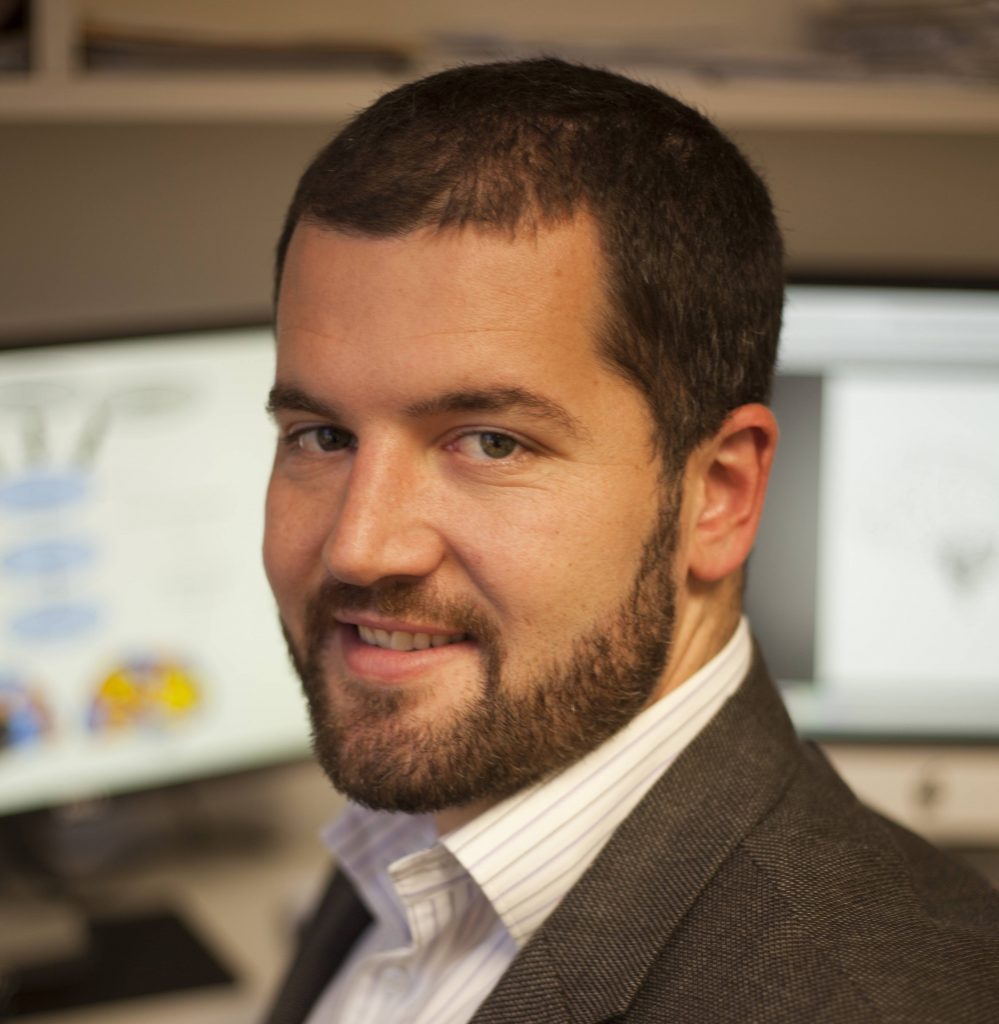
Mac Shine, Principal Investigator – Mac is a systems neurobiologist working to understand the mechanisms of cognition and attention using functional brain imaging, both in health and disease. He has a particular interest in understanding how the different arms of the ascending arousal system flexibly modulate the cross-scale organisation of the brain to facilitate adaptive behaviour. He is currently working as a joint NHMRC/Bellberry fellow at The University of Sydney.
Google Scholar: https://scholar.google.com/citations?user=Uxvu7CsAAAAJ
Twitter: @jmacshine

Eli Müller, Postdoctoral researcher – Eli is a postgraduate researcher in physics and neuroscience within the Brain and Mind Centre at the University of Sydney. His research focusses on systems neuroscience, using dynamical systems theory to guide analysis of large scale biophysical brain models of arousal, Parkinson’s disease, and deep brain stimulation treatments. He uses insights gleaned from these models, and their anatomical underpinnings, to shape novel techniques for analysing whole-brain neuroimaging datasets with a particular focus on brain state trajectories across cognition and consciousness.
Google Scholar: https://scholar.google.com/citations?hl=en&user=h1gl_ckAAAAJ
Twitter: @eli_j_muller

Brandon Munn, Postdoctoral researcher – Brandon is a post-doctoral research fellow at the University of Sydney. His career goal is to understand the hidden order of complex systems through physics-inspired insights. He has a particular interest in the brain and how its many cross-scale systems interact to give rise to a singular unified conscious experience. This passion was ingrained from his doctoral studies within the Complex Systems group at the University of Sydney’s School of Physics. He is currently a research fellow at the University of Sydney’s Brain and Mind Centre, where he is applying his novel skillset to understand the machinations of the human mind.
Google Scholar: https://scholar.google.com/citations?hl=en&user=D9bDLRoAAAAJ
Twitter: @DrBMunn
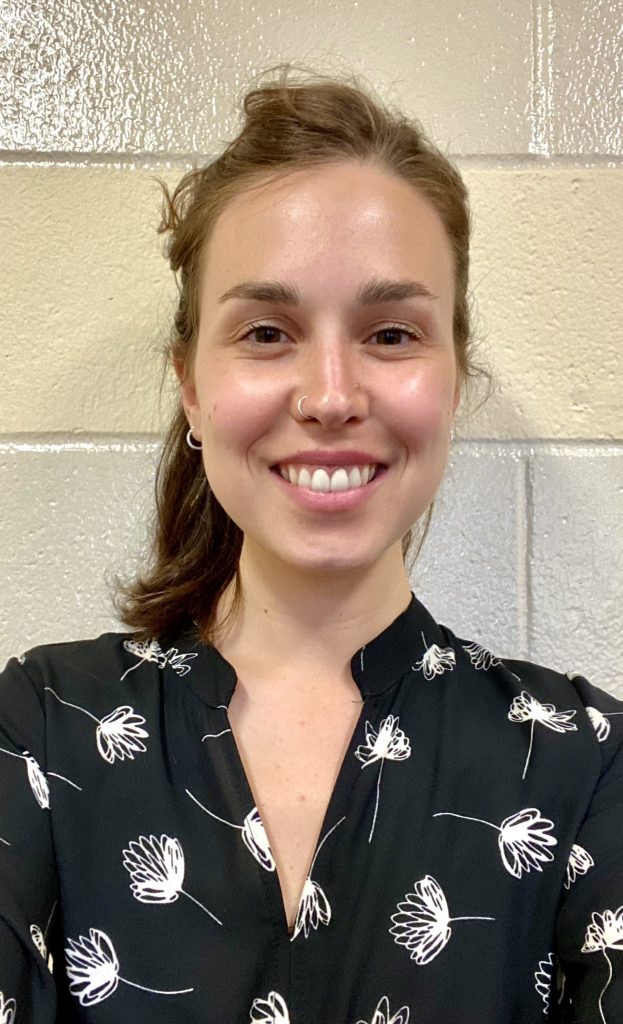
Giulia Baracchini, Postdoctoral Researcher – Giulia is a CIHR Postdoctoral Fellow at the University of Sydney within the Brain and Mind Centre. She did her PhD in Cognitive Neuroscience at the Montreal Neurological Institute at McGill University, in Canada. During her graduate studies, she used state-of-the-art neuroimaging techniques and introduced new multivariate statistical approaches to better quantify and contextualise fMRI BOLD signal dynamics within the brain’s vaster dynamic multi-scale architecture. In her postdoc, Giulia is interested in taking this work a step further and broaden the lens through which cognition and behaviour are operationalised and linked to neuroimaging data in cognitive neuroscience. Giulia’s goal is to build more accurate models of brain-behaviour interactions, leveraging theories and tools from different disciplines, within and outside neuroscience, that deal with multi-scale complex systems, such as the brain.
Google Scholar: https://scholar.google.com/citations?user=ukWtjk0AAAAJ
Twitter: @giuliaabaracc

Chetan Gohil, Post-Doctoral Researcher – Chet is a postdoctoral research fellow at the Brain and Mind Centre, University of Sydney. His research focuses on the application of methods from information theory and dynamical systems theory to neuroimaging data to further our understanding of brain function and cognition. Chet is particularly interested in applying recent advances in deep learning to neuroimaging data and scaling existing models up to take advantage of big data. Previously, Chet worked on applying dynamic network models to electrophysiological data.
Google Scholar: https://scholar.google.com/citations?hl=en&user=dhV0wLwAAAAJ
Twitter: @Chetan__Gohil

Christopher Whyte, PhD Candidate – Christopher works on the thalamocortical and neuromodulatory mechanisms underlying transitions between conscious and unconscious brain states from the perspective of dynamical system theory using both micro-scale (spiking) and macro-scale (neural mass) models.
Google Scholar: https://scholar.google.com/citations?user=Mo2Aan8AAAAJ&hl=en
Twitter: @chrisjackwhyte
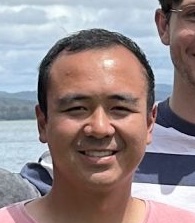
Joshua Tan, PhD Candidate – Josh is a PhD candidate that works on cortico-cerebellar interactions in fMRI data. His research focuses on the contribution of these interactions to learning and expertise, and the generalisation of the cerebellum’s role across both motor and non-motor actions.
Google Scholar: https://scholar.google.com/citations?user=0vuVBxcAAAAJ&hl=en
Twitter: @joshtan19
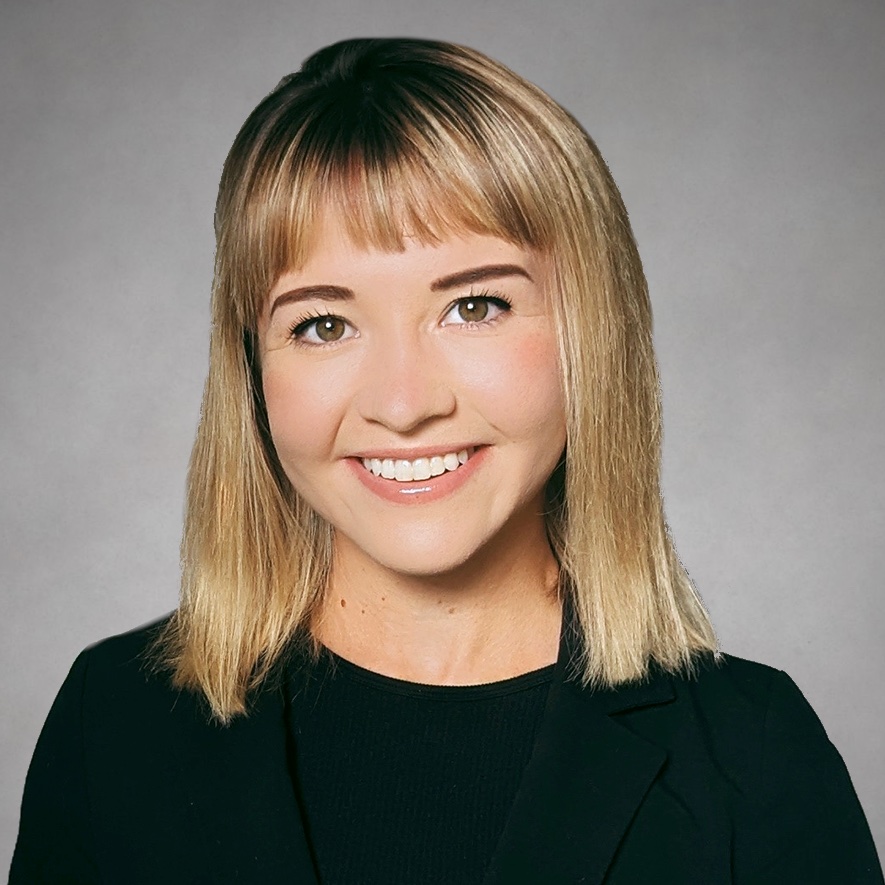
Annie Bryant, PhD candidate – Annie is a PhD candidate supervised by Ben Fulcher in the Dynamics and Neural Systems Lab and co-supervised by Mac. She previously studied Alzheimer’s disease neuropathology at Massachusetts General Hospital in Boston, implementing techniques from neuroimaging and bioinformatics. Annie’s thesis research now focuses on data-driven time-series analysis of altered brain dynamics across conditions, including Alzheimer’s disease and neuropsychiatric disorders.
Google Scholar: https://scholar.google.com/citations?user=z7tXyHMAAAAJ&hl=en
Twitter: @AnnieGBryant
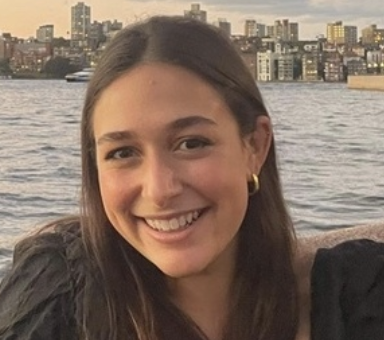
Isabella Orlando, PhD candidate – Bella is a PhD candidate supervised by Claire O’Callaghan and co-supervised by Mac. She is interested in neuromodulatory systems in health and neurodegenerative diseases, investigating this through pharmacological fMRI data. Recently, Bella has been exploring the role of these systems in sleep, and how subtle changes may contribute to the bidirectional relationships we see between sleep and neurodegenerative diseases of ageing.
Google Scholar: https://scholar.google.com.au/citations?user=DqxDeesAAAAJ&hl=en
Twitter: @bella__orlando
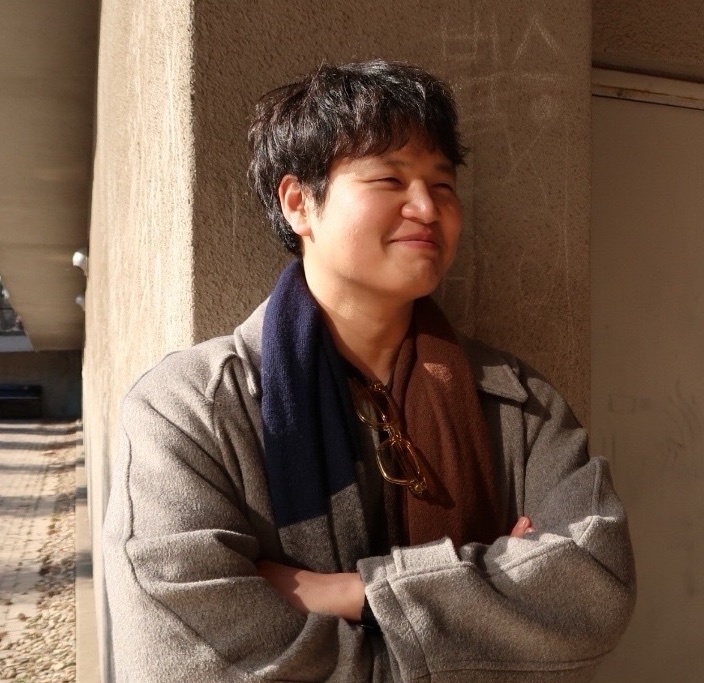
Jungwoo Kim, PhD candidate – Jungwoo is a visiting researcher from the Center for Neuroscience Imaging Research (CNIR), Sungkyunkwan University, South Korea (PIs: Seng Bum Michael Yoo and Choong-Wan Woo). His research focuses on understanding pain and emotions through the lens of dynamical systems. Currently, he is investigating how quantitative changes in external input can lead to qualitative changes in our experience using pain fMRI data.
Google Scholar: https://scholar.google.com/citations?user=aiVhidgAAAAJ&hl=en
Twitter: @jungsters_kim
Lab Alumni
- Natasha Taylor (University of Sydney, Australia)
- Gabriel Wainstein (Harvard University, USA)
- Vicente Medel (BrainLat Institute, Chile)
- Andrii Zahorodnii (Massacheussets Institute of Technology, USA)
- Yinuo Han (Cambridge University, England)
- Chanelle Noble (University of Sydney, Australia)
- Lennon Abonyi (Plenti, Australia)
Collaborators
Australia
- Joe Lizier (University of Sydney)
- Ben Fulcher (University of Sydney)
- Michael Breakspear (Newcastle University)
- Rob Sanders (University of Sydney)
- Sharon Naismith (University of Sydney)
- Elie Matar (University of Sydney)
- Claire O’Callaghan (University of Sydney)
- Thomas Carlson (University of Sydney)
- Glenda Halliday (University of Sydney)
- Simon Lewis (University of Sydney)
- Aurina Arnatkevicute (Monash University)
USA
- Russ Poldrack (Stanford University)
- Olaf Sporns (Indiana University)
- Yuri Saalman (University of Wisconsin)
- Laura Lewis (Boston University)
- Yohan Josh (Boston University)
- Patrick Bissett (Stanford University)
- Sanmi Koyejo (University of Illinois)
- Kai Hwang (Iowa University)
- Catie Chang (Vanderbilt University)
- Emily Finn (Dartmouth University)
- Andreas Horn (Harvard University)
- Ralph Adolphs (California Institute of Technology)
Canada
- Bratislav Misic (The Neuro)
- Paul Cisek (University of Montreal)
- Kaylena Ehgoetz Martens (University of Waterloo)
- James Danckaert (University of Waterloo)
Europe
- Matthew Larkum (Humboldt University of Berlin)
- Sofie Valk (Max Planck, Liepzig)
- Doug Garrett (Max Planck, Berlin)
- Jaan Aru (University of Tartu, Estonia)